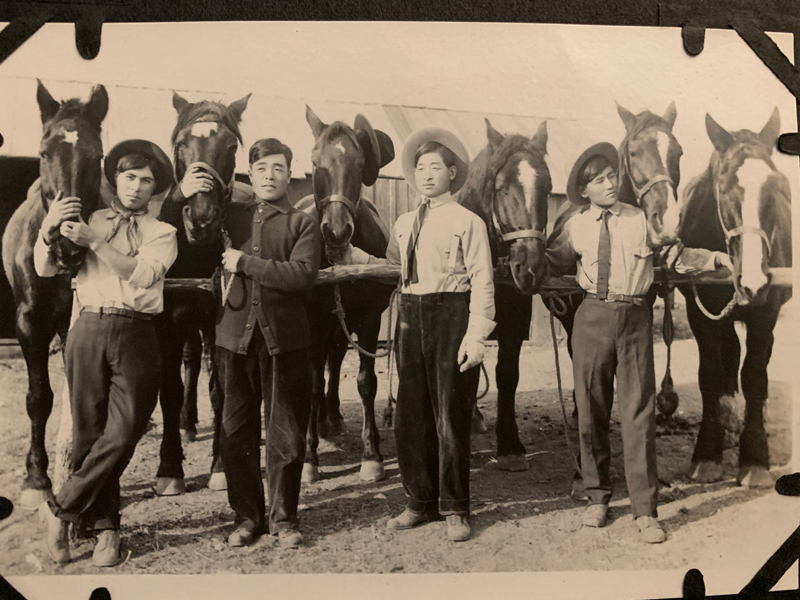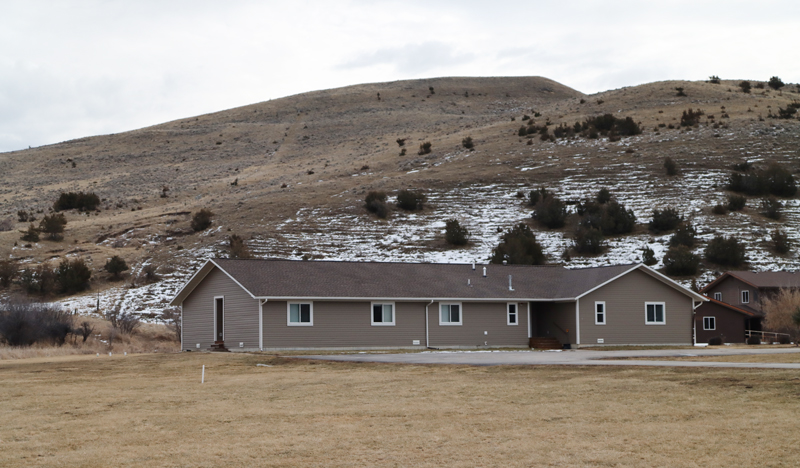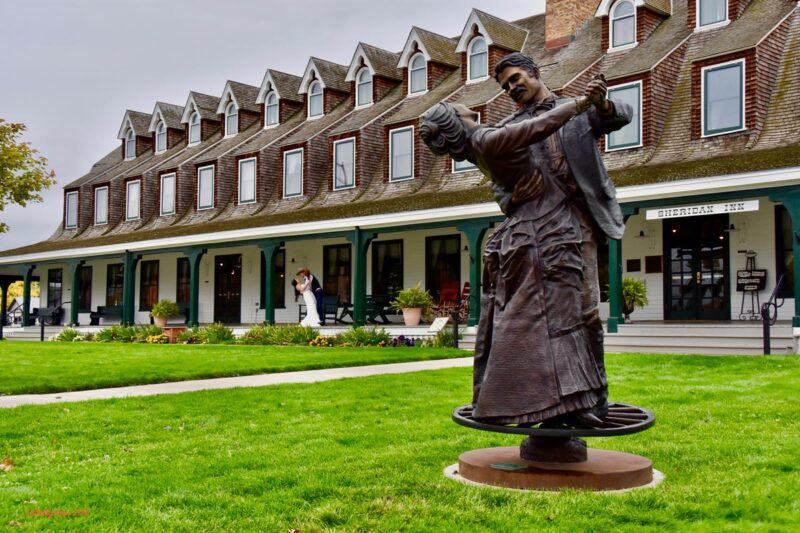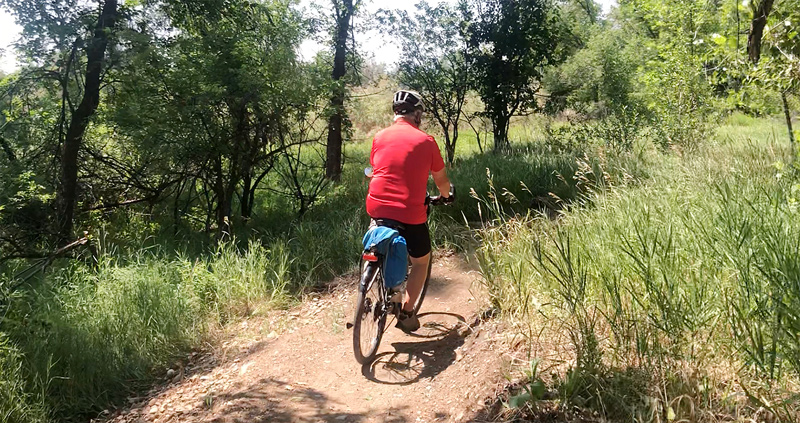Stories are powerful. They can take you to worlds you have never imagined. They can also bring you closer to the people who have come before you. Kathryn Kimura Mlsna has been able to learn about her grandfather’s brief but meaningful time in Sheridan thanks to SCLT and kind friends who care like you.
This summer our Historical Program Manager Carrie Edinger was contacted by Kathryn, who was working on historical biographies about her grandparents. She knew her father Eugene Tatsuru Kimura was born in Sheridan and that his father Kasaburo was one of four Japanese immigrants who were partners in K.N. Garden, a truck farm business that sold vegetables grown on land in the Big Goose Creek valley to people in Sheridan.
Kathryn had little more to go on. Her grandfather, Kasaburo, passed away when her father Eugene was only 13. Add to that, Kasaburo and his family were among more than 110,00 Japanese Americans who were forced to sell their homes, businesses and property as a result of Pres. Roosevelt’s Executive Order 9066. As Kathryn put it, “With barely a week’s notice, they took only what they could carry to the internment camps. There was not a lot of room for family records.”
Kathryn had many questions about her grandfather’s farm business, and from transcribing her father’s typewritten memoir, she knew Eugene had many questions about Kasaburo, too. Kathryn discovered SCLT during an internet search and thought SCLT may be able to help answer some of her and her father’s questions. Carrie agreed to help.
“I was ecstatic, and grateful for her commitment to help research, preserve and share this history,” Kathryn said.
Kathryn has shared that K.N. Garden began around 1906 and earned blue ribbons for red onions, table squash and turnips at the 1917 State Fair. She also shared that after the partners sold the business and went their separate ways in 1919, her grandfather purchased the Hotel Rex in downtown Sheridan and was granted a license by the city council to run a rooming house there. Importantly, their story will be told on our Leopard Street access site sign, just downstream from where K.N. Garden operated. It will be one of many stories about the land and the people who have lived on it that we will tell through our re-imagined Tongue River Water Trail access site signs which will be completed and available to view in 2022.
“Each of our lives has been impacted by the history of the people who came before us, just as our lives will impact the lives and the land of the people who follow us. The work of SCLT is vital to the preservation of the history of Wyoming. Its ability to continue this work is dependent on the community support it receives. Thank you for making us aware of opportunities to support this work,”
Kathryn concludes.
That is exactly the kind of powerful story you help preserve and tell with your generosity. The stories about our land and the people who have lived on it are preserved and told today so they will not be forgotten tomorrow. But those stories cannot be told without your support.
Pictured above: Kasaburo Okazaki (pictured 2nd from left, he later adopted his wife’s surname “Kimura”) was one of four Japanese immigrants who operated K.N. Garden, a truck farm business that served Sheridan in the early 1900s. The story will be included on our re-imagined Tongue River Water Trail access signs in 2022.










